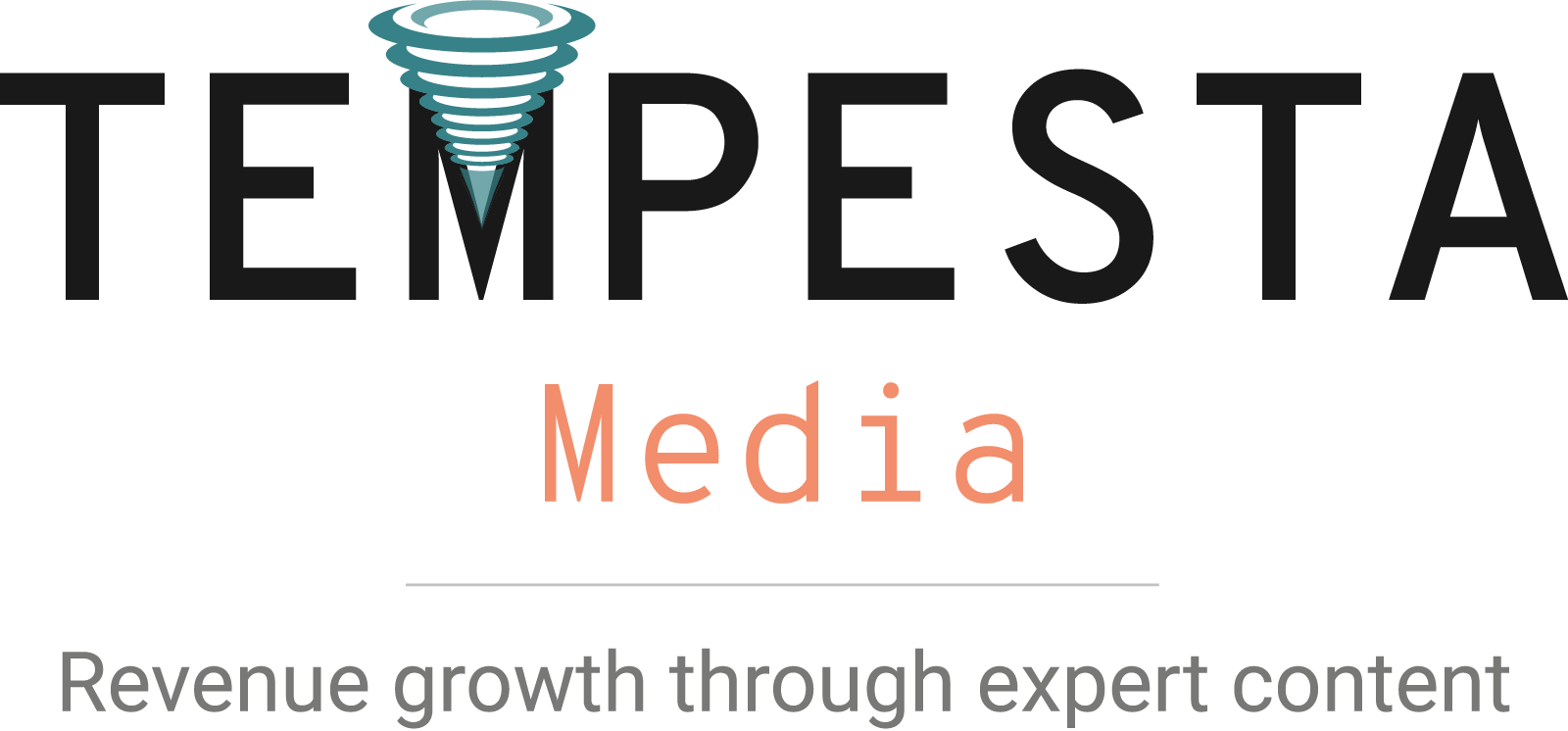Creating good content is one thing. Getting it in front of the right audience is another.
It should come as no surprise that leveraging technology can help you bring the two together, making your content strategy more successful.
According to research by The Boston Consulting Group (BCG), small and midsize businesses (SMB) that leverage technology had 10 percent higher job growth and 11 percent higher revenue growth than “low-tech” SMBs. Additional research from that study concluded that if just 15 percent of low-tech SMBs and 25 percent of the mid-tech SMBs became high-tech SMBs, more than 2 million jobs and $357 billion would be added into the U.S. economy.
Here are some tips for creating a more content-driven enterprise via technology.
Social media
There was a time when a small business that had a website was ahead of the curve. Those days are long gone. Today, you not only need a website; it has to be a good website with relevant information that is updated frequently. And because users don’t just go looking for those websites and that content, you have to do more to reach them. You have to engage your audience.
One of the first steps to achieve this is to have a social media strategy. Identify what your customer is seeking and find out where they go to get that information. Create an editorial calendar and plan regular releases of web content, white papers, event promotions and other content. It is important to understand that social media is not just about posting links. You must make it an extension of your website and of your business.
Mobile devices
In 2015, Pew Research discovered that nearly two-thirds (64 percent) of U.S. adults own a smartphone. This is a tremendous increase from the 35 percent just four years before in 2011, when Pew first began examining smartphone use.
Smartphones are now the go-to device for Internet access primarily due to their convenience. Additionally, the same Pew study found that of those U.S. adults who own a smartphone, 7 percent do not have home broadband service and have limited options for going online other than their mobile device. These people are considered smartphone-dependent.
With so many users looking at websites via smart phones — and also via tablets — it is vital for businesses to have mobile friendly websites. This is because mobile screens are a lot different from computer screens. The site design has to change accordingly to fit the dimensions. Having a mobile-friendly website also helps with Search Engine Optimization (SEO) because it helps improve rankings on mobile-friendly search engines such as Yahoo and Google. In fact, even though mobile usability was a factor in Google’s search algorithm for years, as of April 21, 2015, Google required websites to be optimized for mobile users or fail to be found in a search.
The cloud
PC Mag, in an effort to clarify “cloud computing,” states that it means “storing your files on a place that is not your local hard drive.” When businesses use cloud-based services for tasks like document storage, video conferencing, email and calendars, it can reflect in cost savings and enhanced productivity. Using the cloud is typically a fraction of the cost of buying and maintaining servers and software.
Additionally, cloud technology provides greater flexibility and mobility because the data is stored online and can be accessible from any device with an Internet connection. Having accessibility from multiple devices and platforms also allows for easier collaboration. Team members have real-time updates and all necessary parties can share content. Consumers also can be part of the interactivity.

Big data
Big data comprises all the data inside and outside your business that you can use for marketing and analysis, among other things. According to IBM, 2.5 quintillion bytes of data are being created each day. Using big data can help your content marketing strategy. In fact, big data has been described by McKinsey and Company, a global management consulting firm to many of the world’s most influential businesses and institutions, as the next $100 billion dollar opportunity because the raw data could lead to valuable insights about what is most engaging to target audiences.
However, before big data can be of any benefit to your content marketing strategy, you have to define what you want to gain from the information. You can’t solve a problem without knowing what the problem is. In order to do this, the Content Marketing Institute suggests you ask yourself some key questions such as:
- What are your overall goals for your content marketing program?
- What drives your customers and prospects when it comes to consuming and engaging with your content?
- What topics and pain points are most critical to your personas?
- What content has garnered the highest conversions?
- Which content is driving the most awareness?
When you do take this important step, “Big Data” can become a valuable tool to help you craft your content marketing strategy.
If you have a content marketing program, or are planning one, download our ebook: 100 mistakes businesses make when starting, optimizing and scaling content marketing programs. Learn from the mistakes of hundreds of other companies. 100 mistakes walks you through common and uncommon challenges that they faced with their content marketing programs.










